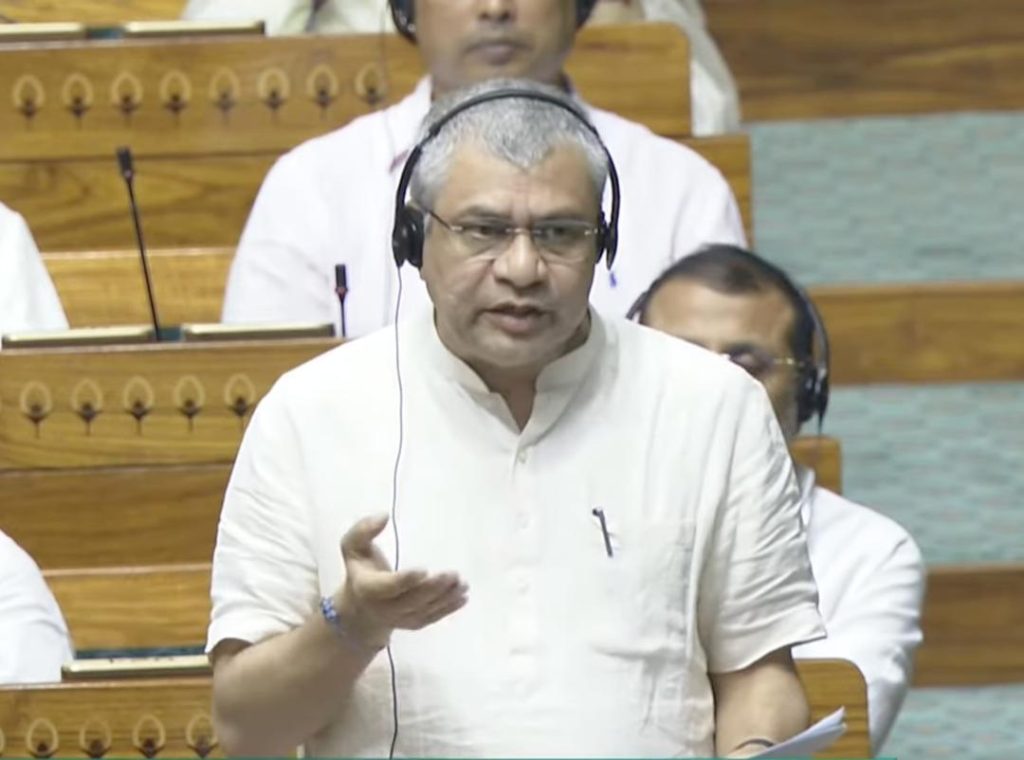
Between Our Revenue & Middle-Class Families, PM Chose Families: Vaishnaw on Gaming Bill
In a significant move, the Indian government has introduced the Promotion and Regulation of Online Gaming Bill 2025 in the Lok Sabha. The bill aims to ban real-money and gambling games, which have been a major concern for the government and society alike. Union Minister Ashwini Vaishnaw, while introducing the bill, made a notable statement that has sparked a lot of debate. He said that Prime Minister Narendra Modi always chooses middle-class families when choosing between them and the government’s revenue.
Vaishnaw’s statement is significant because it highlights the government’s priorities when it comes to regulating online gaming. The bill has been introduced to “save the society from bad elements,” as Vaishnaw put it, which suggests that the government is more concerned about the negative impacts of online gaming on society than its revenue.
The bill is aimed at regulating online gaming, which has been growing rapidly in India. While online gaming has its benefits, such as providing entertainment and social interaction, it also has its downsides, such as addiction, cheating, and money laundering. The government has been receiving complaints about online gaming, and it has decided to take concrete steps to regulate it.
The bill proposes to ban real-money and gambling games, which are considered to be a major source of revenue for the government. Online casinos and betting platforms are popular among Indians, and they generate a significant amount of revenue for the government. However, the government has been criticized for its lack of regulation in this sector, which has led to concerns about money laundering and corruption.
Vaishnaw’s statement about PM Modi choosing middle-class families over revenue is significant because it highlights the government’s priorities. The middle class is a crucial segment of Indian society, and the government has been trying to protect its interests. The statement suggests that the government is more concerned about the welfare of middle-class families than its revenue.
The bill has been passed, and it is now up to the government to implement it effectively. The government will have to work closely with the gaming industry to ensure that the regulations are fair and reasonable. The bill proposes to establish a regulatory body to oversee online gaming, which will be responsible for issuing licenses and monitoring the industry.
The bill also proposes to ban real-money and gambling games, which are considered to be a major source of revenue for the government. Online casinos and betting platforms are popular among Indians, and they generate a significant amount of revenue for the government. However, the government has been criticized for its lack of regulation in this sector, which has led to concerns about money laundering and corruption.
Vaishnaw’s statement has sparked a lot of debate, with some people arguing that the government is prioritizing revenue over the welfare of middle-class families. Others have argued that the government is trying to protect the interests of middle-class families by regulating online gaming.
In conclusion, the Promotion and Regulation of Online Gaming Bill 2025 is a significant step towards regulating online gaming in India. The bill has been introduced to “save the society from bad elements,” as Vaishnaw put it, which suggests that the government is more concerned about the negative impacts of online gaming on society than its revenue. The bill proposes to ban real-money and gambling games, which are considered to be a major source of revenue for the government. The government will have to work closely with the gaming industry to ensure that the regulations are fair and reasonable.
News Source:
https://youtu.be/qOIqYpwYOi8






